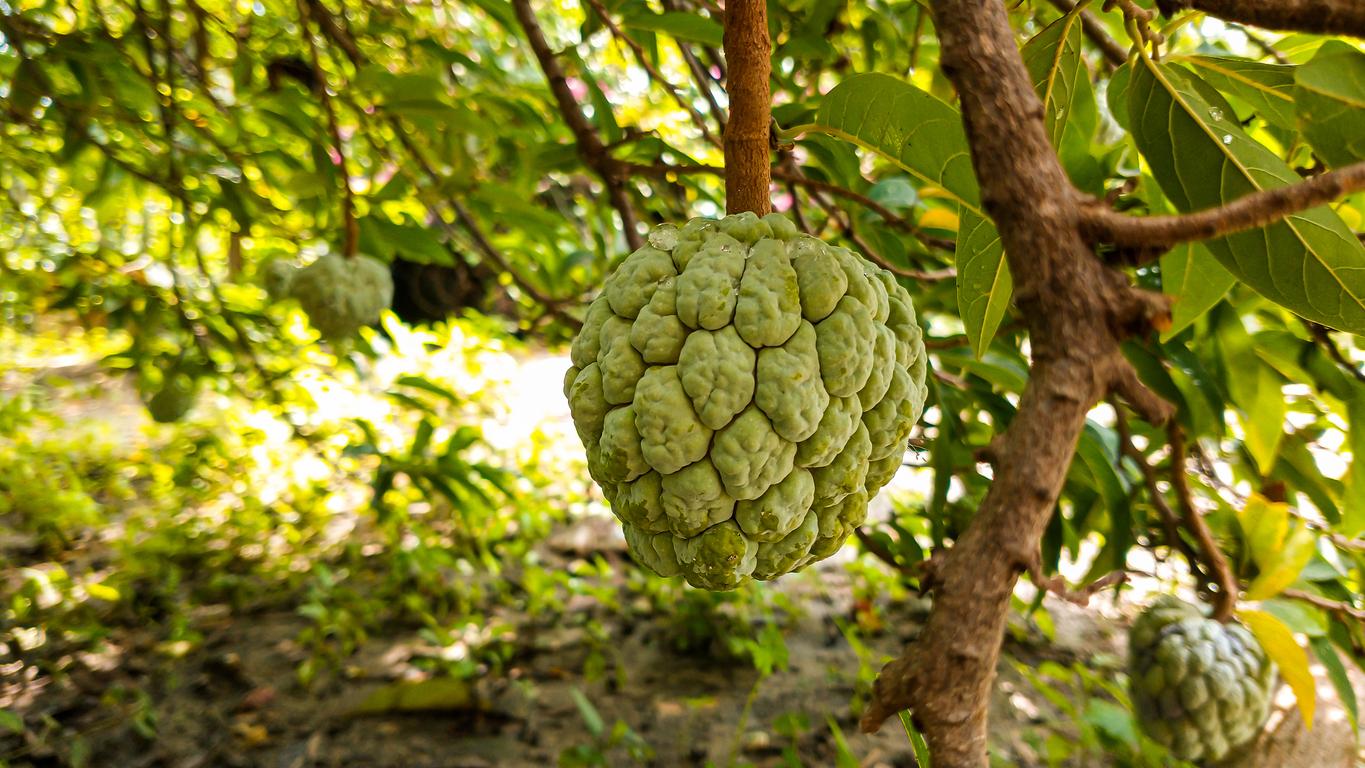
UFC-Que Choisir is sounding the alarm on the impact on health of so-called “vegetable” disposable tableware.
With the law “Energy transition for green growth” from 2015, non-recyclable plastic waste is no longer available on the market. “Plates, glasses, goblets are therefore prohibited for sale today. (since January 1, 2020), as well as straws and cutlery (since January 1, 2021), when they are disposable and made of plastic “. So the consumers’ association, the UFC-Que Choisir looked at the so-called alternatives “Vegetable”. These substituted products, mainly based on vegetable pulp or palm leaves for dishes, and paper or cardboard for straws, are not healthy. But how dangerous are they?
66% of the samples tested contain toxic compounds
To reach their conclusions, UFC-Que Choisir joined forces with three other European consumer associations to analyze more than 57 products (39 dishes, 18 models of straws) in search of 6 families of contaminants. The Consumers Association presents the results as worrying. “66% of the samples tested contain perfluorinated compounds (used to make dishes resistant to water and grease without breaking down, but some of which are carcinogenic, immunotoxic, toxic for development and / or endocrine disruptors”, they explain through their website. “We can also point out the risk of ‘cocktail effect’ for certain products which present an accumulation of substances (in particular perfluorinated compounds, chloropropanols, aromatic amines), particularly for paper and cardboard straws. Thus, the fuschia striped straws of the Santex brand combine these three substances “, they add.
The UFC-Que Choisir asks to review the regulations
These materials which seem to be an alternative to plastics are not viable and the risks are high. “We can therefore only deplore that European regulations are so incomplete: apart from certain traditional materials (glass, certain plastics), the regulations do not define a closed list of authorized substances and additives but are content to lay down a general principle. safety of materials used by manufacturers of tableware and other objects in contact with food products. An obviously insufficient approach ”, they lament.
Not so “compostable” or “biodegradable” for the environment
Definitely, these bamboo alternatives are neither good for health nor for the planet! A real selling point today, manufacturers are using this “good for the planet” label when they are not. “Taking advantage of an overly lax European framework for green claims, packaging largely emphasizes its ‘compostable’ or ‘biodegradable’ character., she criticizes. “However, with such a presence of perfluorinated compounds, their composting (domestic or industrial) will lead to the release of these particularly persistent substances into the soil. As for recycling, if it is possible for paper or cardboard products, the same is not true for crockery made from palm leaves, bamboo or sugar cane, since the products are treated with a binder. hydrophobic (to ensure they do not get soggy on contact with food). “















